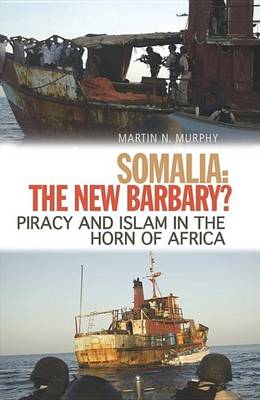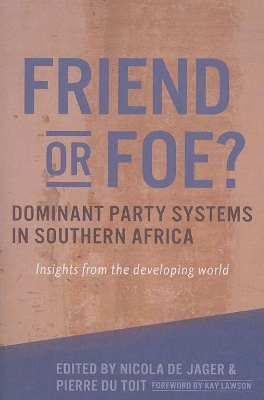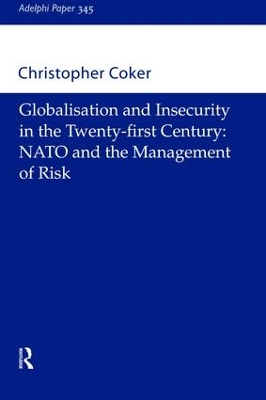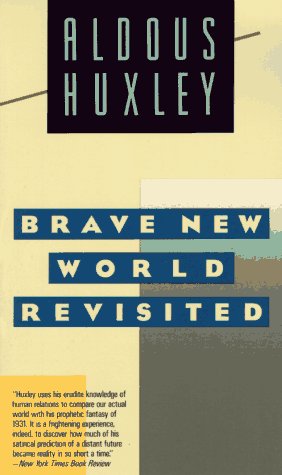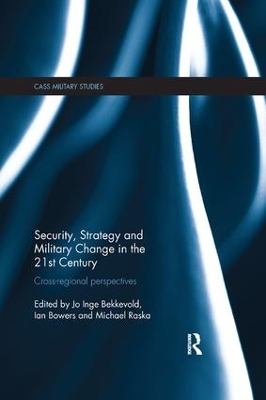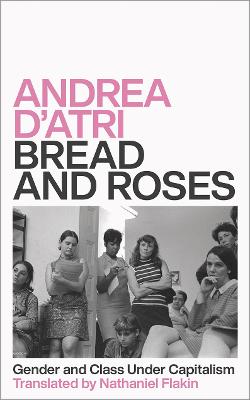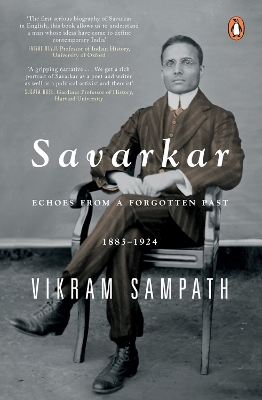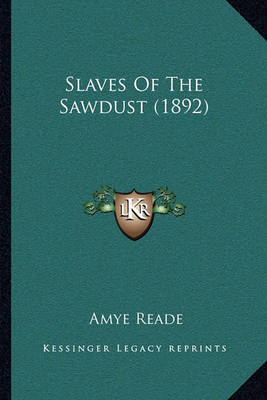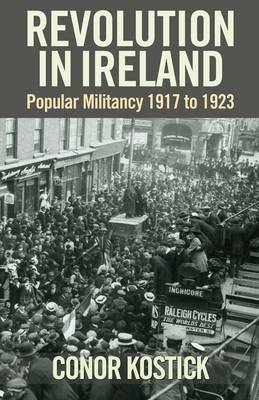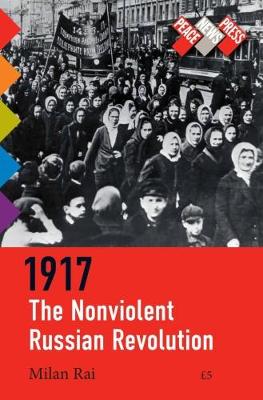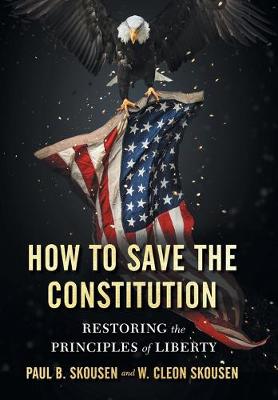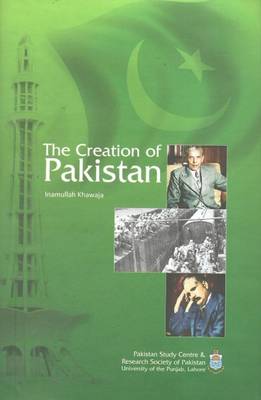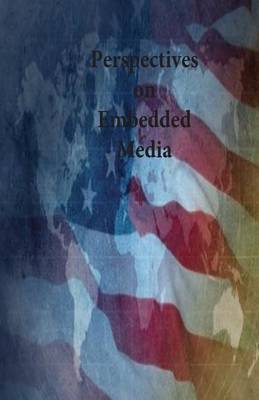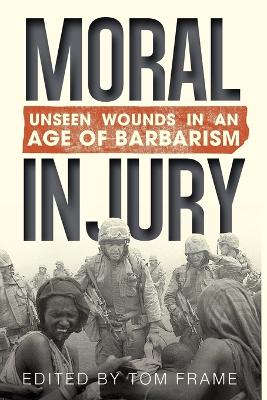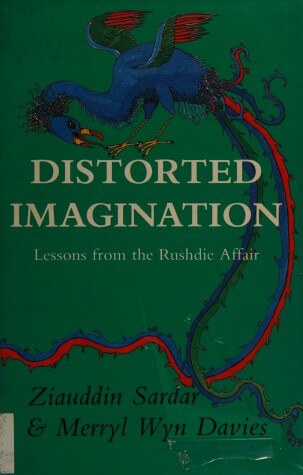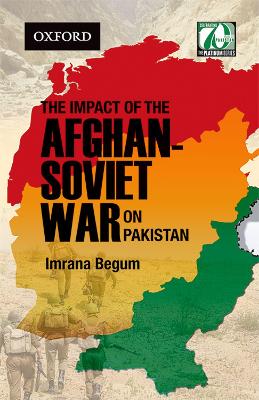Access to Official Information (House of Commons Papers, No. 804 (Session 1997-98))
Somalia, the New Barbary? (Columbia/Hurst)
by Professor Martin N Murphy
Peru is being brought to its knees. 500 years after the Spanish conquest, a dark ideological zealotry is threatening to demolish every vestige of the European culture in that country. Former philosophy lecturer Abimael Guzman, alias Chairman Gonzalo, and self-acclaimed "fourth sword" of communism in the wake of Marx, Lenin and Mao, is leader of the Shining Path - Sendero Luminoso - the ferocious and highly secretive guerrilla organization sworn to reverse the tide of history. Shining Path consid...
Friend or foe?
Within southern Africa, there is an observable increase in dominant party systems, in which one political party dominates over a prolonged period of time, within a democratic system with regular elections. This party system has replaced the one-party system that dominated Africa's political landscape after the first wave of liberations in the 1950s and 1960s. This book seeks to understand this trend and its implications for southern Africa's democracies by comparing such systems in southern Afri...
Globalisation and Insecurity in the Twenty-First Century (Adelphi)
by Christopher Coker
Discusses the impact of globalisation on security in the West and in particular the way it has changed the nature of NATO as well as its security agenda.
The Road to Democracy in South Africa, Volume 4 (Road to Democracy in South Africa Abridged)
Volume 4 in the series focuses on the 1980s and 'further fortifies the intellectual traditions set by the earlier volumes'. Included in the volume are chapters by Bernard Magubane on the apartheid state; Sifiso Ndlovu on the ANC and negotiations; Bhekizizwe Peterson on the the arts; Zine Magubane on women's struggles; Gregory Houston on the ANC's underground and armed struggle; Thami ka Plaatje on the PAC; Mbulelo Mzamane and Brown Maaba on the BMC and AZAPO; Eddy Maloka on the SACP; Christopher...
Brave New World Revisited (Flamingo modern classics) (The collected works of Aldous Huxley)
by Aldous Huxley
Written 27 years after the 1932 publication of "Brave New World", this book addresses the prophecies he made in that work, believing the far-fetched fantasies of his nightmare future to be turning too swiftly into reality. Examining overpopulation, mass communication, big business, centralized government, the effects of television and advertising, this work is Huxley's polemic against modern society.
Security, Strategy and Military Change in the 21st Century (Cass Military Studies)
This edited volume explores and analyses strategic thinking, military reform and adaptation in an era of Asian growth, European austerity and US rebalancing. A significant shift in policy, strategy and military affairs is underway in both Asia and Europe, with the former gaining increasing prominence in the domain of global security. At the same time, the world’s powers are now faced with an array of diverse challenges. The resurgence of great power politics in both Europe and Asia, along with...
Is it possible to develop a radical socialist feminism that fights for the emancipation of women and of all humankind? This book is a journey through the history of feminism. Using the concrete struggles of women, the Marxist feminist Andrea D'Atri traces the history of the women's and workers' movement from the French Revolution to Queer Theory. She analyzes the divergent paths feminists have woven for their liberation from oppression and uncovers where they have hit dead ends. With the globa...
This is a detailed account of Arafat's struggle for survival and justice for his people. It is written in co-operation with Arafat himself and other top PLO leaders. The highlight of the book is a lengthy account, mainly in Arafat's own words, of the inside story of the events which led up to the historic handshake, of the historic moment itself, and of the aftermath. The author's relationship with Arafat goes back to 1979 when he was trusted to be the link-man in a secret and exploratory dialog...
Political Change in Post-Communist Slovakia and Croatia
by Sharon Fisher
The years from the Easter Rising in 1916 to the ending of the Civil War in 1923 were years full of drama and of fast-changing events, whose outcome shaped Irish society for generations. The conventional narrative of this period is one that focuses on the efforts of the nationalist politicians of various hues and the military activities of the IRA in their struggle to escape the British Empire. But these were also years of extraordinary popular initiatives, directed against both the British admin...
1917: The Nonviolent Russian Revolution / 1917: The Grassroots Working-Class Revolution that Lenin Crushed
by Milan Rai
How to Save the Constitution (Freedom in America, #4)
by Paul B Skousen and W Cleon Skousen
Sobchak, as mayor of St Petersburg, was in the forefront of resistance to the August 1991 coup. In this book he considers the challenge posed by democracy for the former USSR. He argues that Russians must relegate ideological notions and learn to live according to the rule of law.
With an increasing number of Australian military personnel being diagnosed with post-traumatic stress disorder, this collection of insightful essays examines the unseen wounds sustained by our combat and peacekeeping forces. They show there are no easy answers or simple solutions, and suggest where existing approaches are misguided, and how a multi-disciplinary approach is needed to gain a better sense of moral injury.
Since December 1979, when Soviet troops first entered Afghanistan, the country has remained a focal point in regional and global politics. With a focus on the 1980s, The Impact of the Afghan-Soviet War on Pakistan delves into both Afghanistan's history and the involvement of superpowers in shaping its present situation. Through the investigation of a complex and highly politicized war, the author demonstrates the direct correlation between Pakistan's society, politics, and economy with the state...

